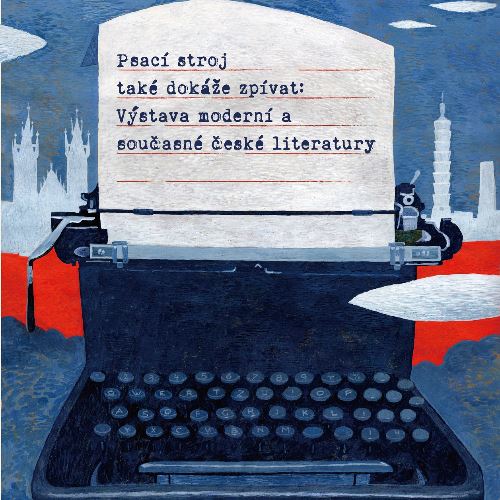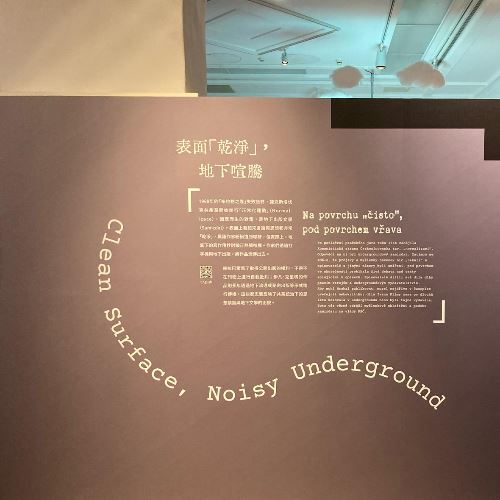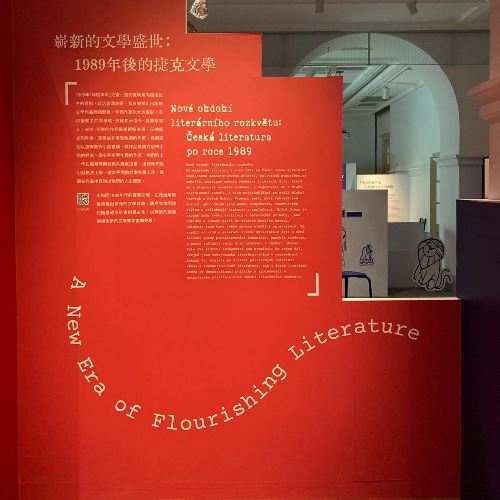Into Exile or Politics?

The crystallization of communist control in Czechoslovakia in 1948 initiated a steady exodus of Czech writers into exile overseas, where many new works of Czech literature would be first published. Brutal suppression of the Prague Spring Movement followed by new government publishing strictures and a sweeping political purge tightened the noose around the country’s intellectuals. In addition to the underground publishing network, publishing in exile became increasingly common. Toronto-based 68 Publishers, established by Czech expatriates in 1971, regularly published works in Czech and Slovak by authors-in-exile as well as books banned from publication in communist-controlled Czechoslovakia. The Unbearable Lightness of Being, written by France-based Czechoslovakian author-in-exile Milan Kundera, was first published by 68 Publishers.
Also during this period, authors poured both their ink and reputational gravitas into political activism. Examples include the 1968 Two Thousand Words manifesto written by author Ludvík Vaculík and the “Charta 77” initiative founded in 1977 by Václav Havel and other intellectuals. Actions such as these paved the way to the 1989 Sametová Revoluce (Velvet Revolution) and testify to the efforts made by Czech writers to resist authoritarianism.
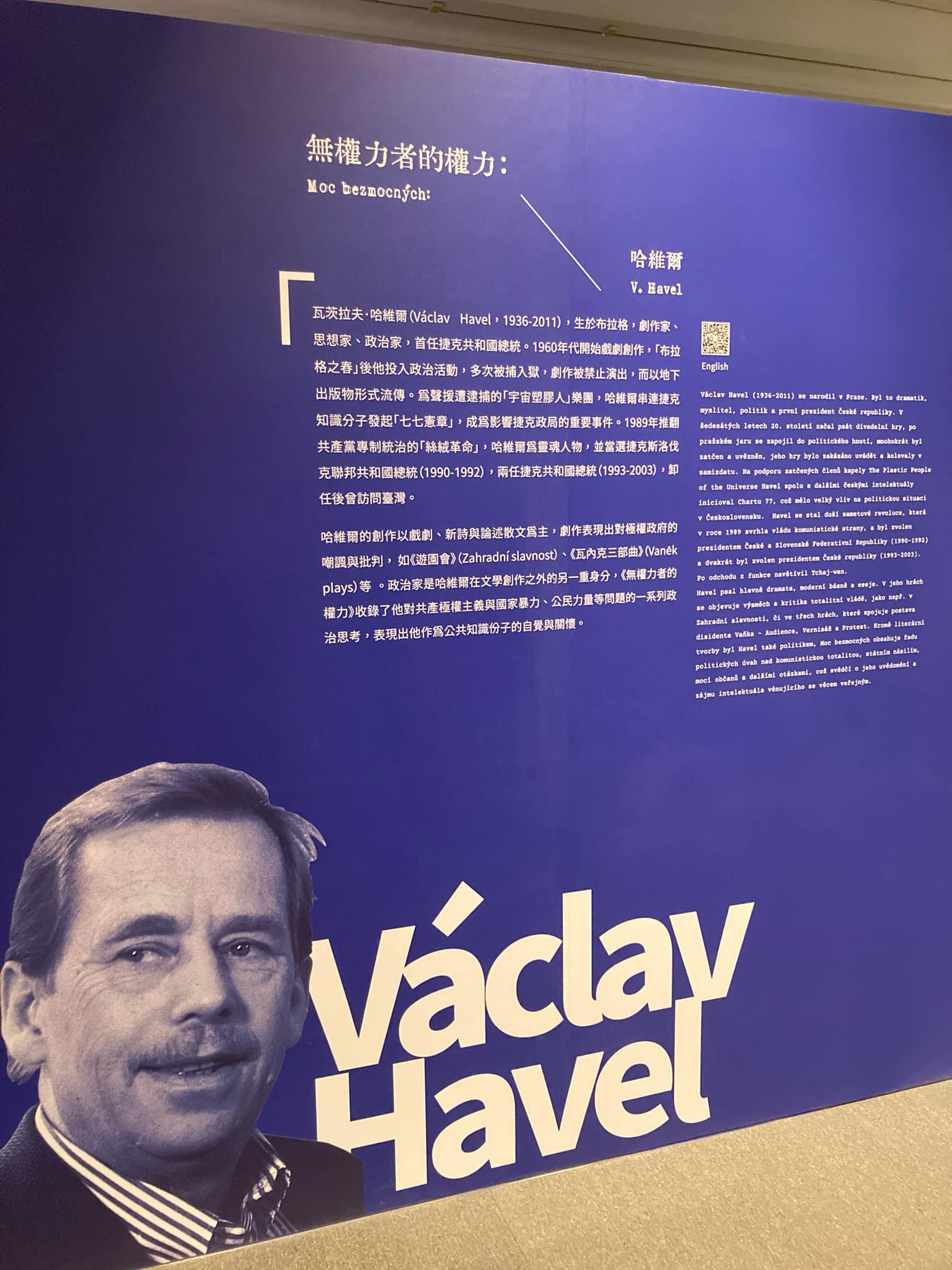
Havel: The Power of the Disenfranchised
Václav Havel (1936-2011) was a Prague-born playwright, philosophical thinker, and politician who served as Czechia’s first President. He began scriptwriting in the 1960s and, after the Prague Spring, became increasingly engaged in political movements for which he was arrested on multiple occasions. Despite a ban on his works being performed, they were actively circulated through the country’s samizdat network. Motivated to speak out against the arrest of members of the rock group Plastic People of the Universe (PPU), he and other contemporary intellectuals fomented the Charter 77 civic initiative, a watershed political development in postwar Czechoslovakia. Havel’s key inspirational role in the 1989 Velvet Revolution that toppled the country’s communist government led to his election first as President of the Czech and Slovak Federative Republic (1990-1992) and then to two terms as President of Czechia (1993-2003). Havel and his wife visited Taiwan in 2004.
Havel’s works center primarily on play scripts, new poetry, and essays. Plays such as Zahradní Slavnost (The Garden Party) and those in his Vanӗk series poke fun and criticism squarely at authoritarianism. His 1978 political essay Moc Bezmocných (The Power of the Powerless), nourished by his other life as a political activist and politician, conveys his thoughts on communist authoritarianism, state terror, and the inherent power of the citizen as well as his perceptions and concerns as a public-facing intellectual.

Poster for Havel's play Ztížená možnost soustředění, staged at the Na Zábradlí Theatre in Prague, 1967-1968. Provided by the Museum of Czech Literature.
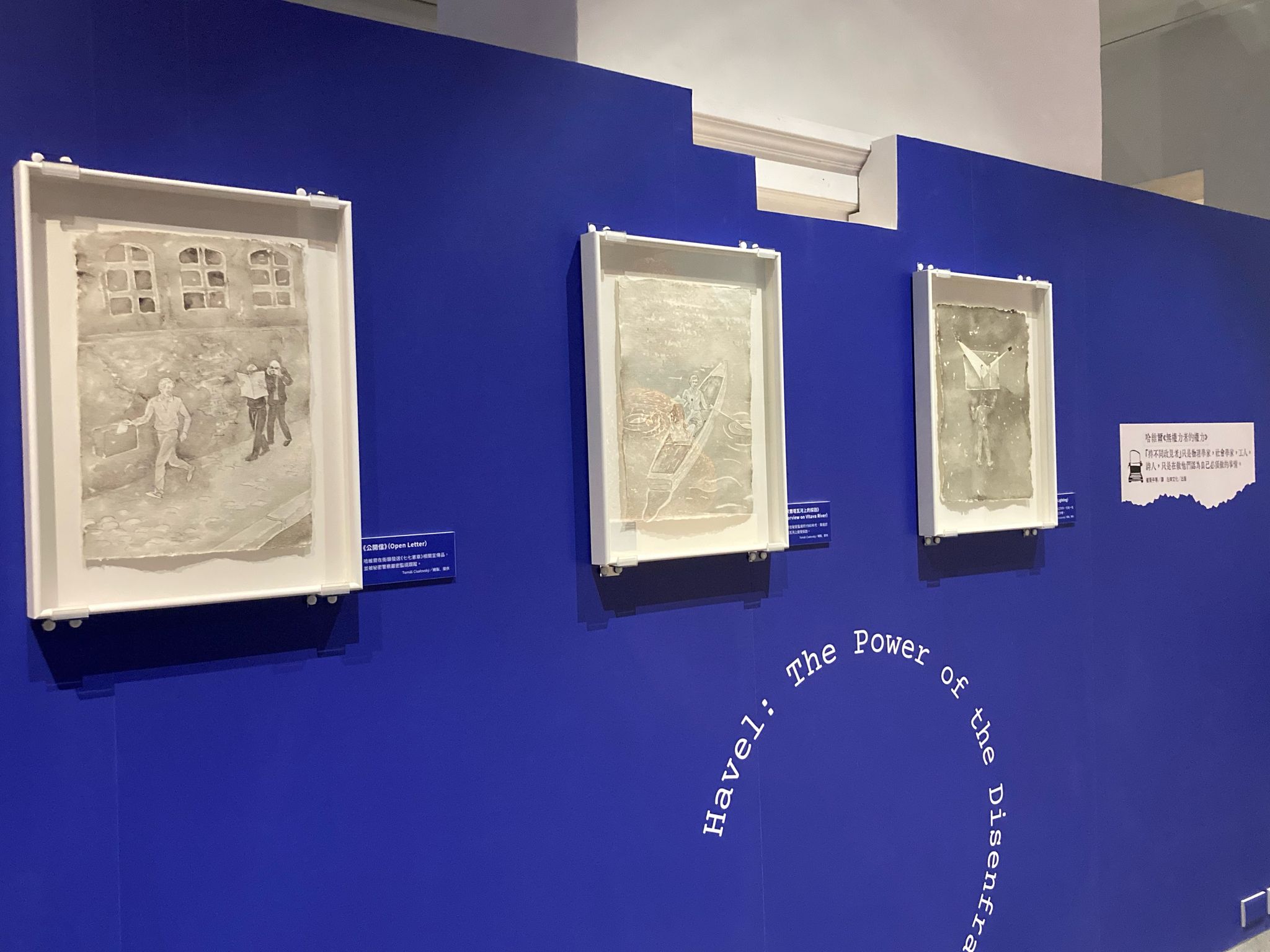
Three paintings about Václav Havel are displayed. From left to right: Open Letter, Interview on the Vltava River, and Spotlight. These works depict Havel distributing leaflets related to Charter 77 in the streets while being closely monitored by the secret police; Havel giving an interview on a boat on the Vltava River to evade secret surveillance; and Havel's dual identity as a playwright and theater practitioner alongside his political work.
Painted and provided by artist Tomáš Císařovský.
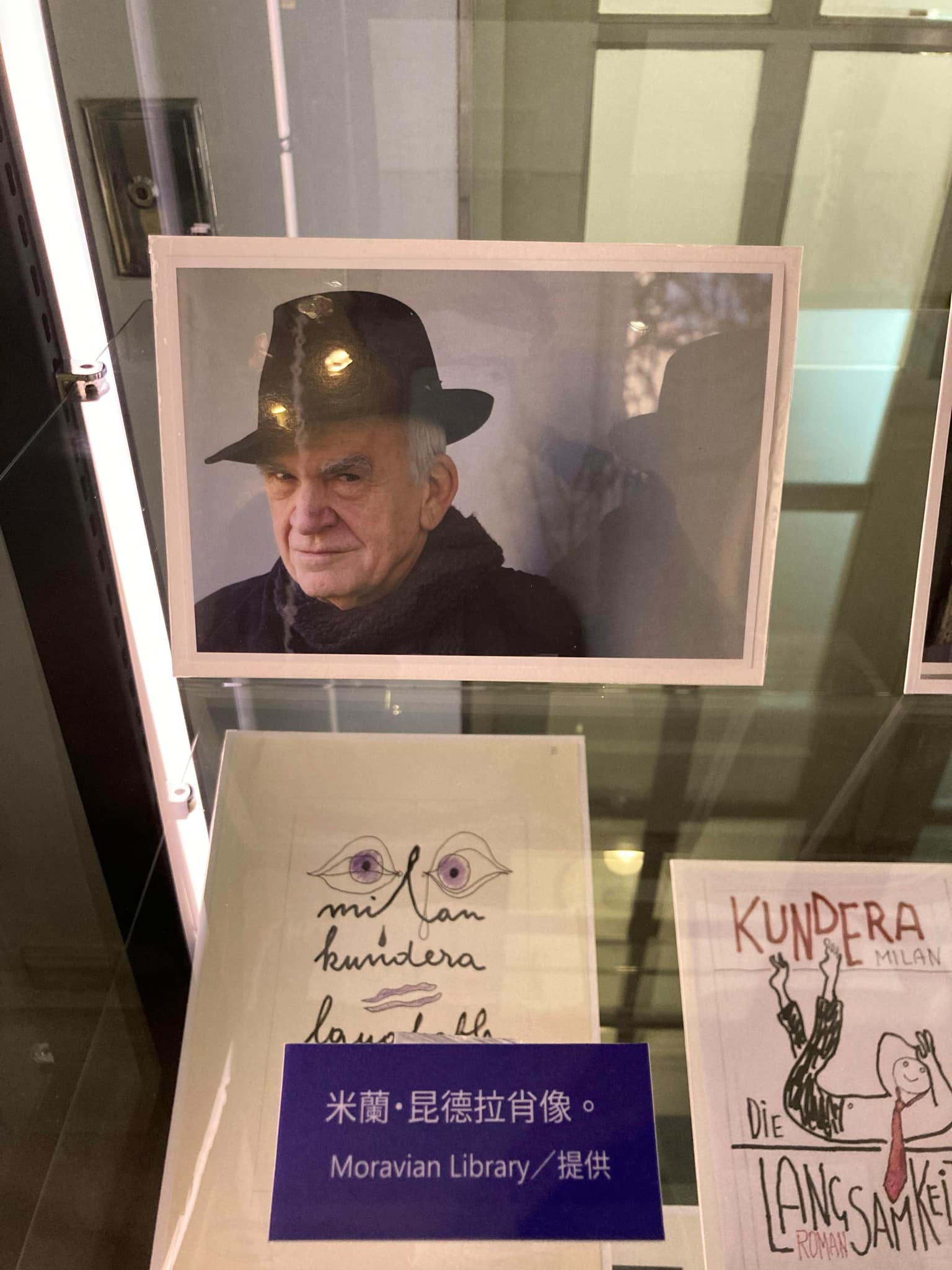
Kundera: The Unbearable Lightness of Being
Milan Kundera (1929-2023) was born in Brno, began writing in the 1950s, and moved into exile in France in 1975, later taking French citizenship. His 1967 novel Žert (The Joke) was quickly adapted into a film, but his works were banned after the Prague Spring. After relocating to France, Kundera continued to write in Czech, with many of his works, including Kniha Smíchu a Zapomnění (The Book of Laughter and Forgetting), Nesnesitelná Lehkost Bytí (The Unbearable Lightness of Being), and Nesmrtelnost (Immortality), all closely intertwined with the Prague Spring but officially barred from circulation in his home country. He wrote his later works almost exclusively in French, and forbade their translation into his native Czech, leading to his fame in international literary circles now far exceeding his recognition in Czechia. Kundera’s Czech citizenship was restored in 2019.
Although Kundera’s works were long banned in Czechoslovakia, his novels tend never to directly address politics. Instead, they touch indirectly on political issues via more-philosophical topics such as the experience of exile, kitsch, and the meaning of life. Philip Kaufman cowrote and directed a popular 1988 film adaptation of The Unbearable Lightness of Being, and the novel in translation has sold well in Taiwan through multiple reprintings. Kundera is the recipient of numerous international literary awards and recognitions, including the 2020 Franz Kafka Prize.

Kundera's literary notes, The Art of the Novel, published by Gallimard in France, 1986. Provided by the Moravian Library.

Four reports and posters related to Milan Kundera. From left to right: Italy's largest circulation newspaper, Corriere della Sera; France's Le Figaro; a promotional poster for the 1978 French edition of The Book of Laughter and Forgetting; and a 1969 film poster for Jaromil Jireš's adaptation of Kundera's The Joke. These items demonstrate Kundera's high level of recognition throughout Europe.
Provided by Moravian Library.

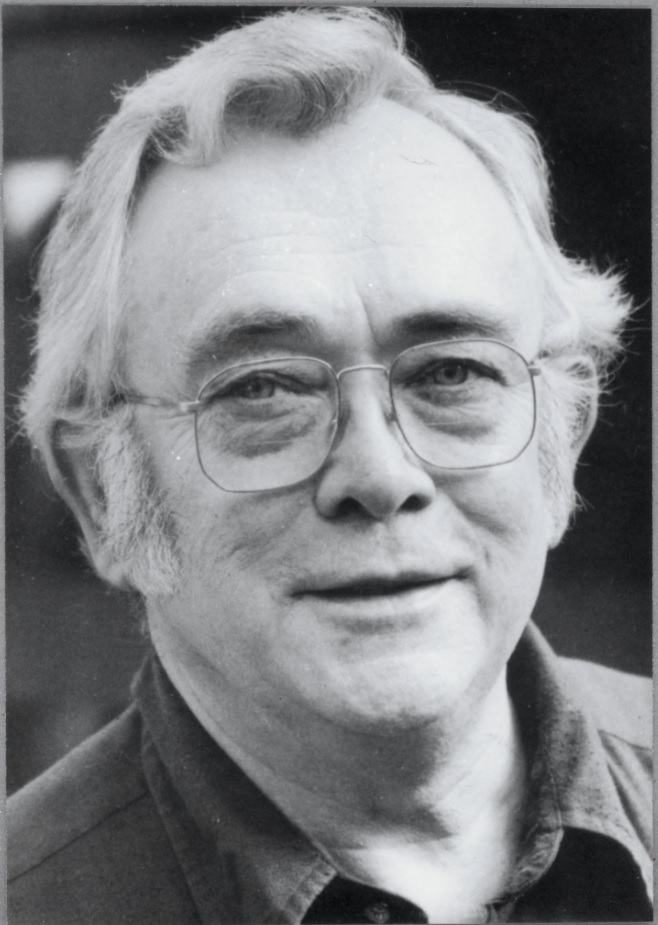
Škvorecký: Platforming Banned Czech Voices
Josef Škvorecký (1924-2012) was a novelist and publisher. After the Prague Spring, Škvorecký emigrated with his wife into exile in Canada where they founded 68 Publishers (a name they chose to commemorate the 1968 Czechoslovak democratization movement), a publishing house dedicated to publishing the works of Czech and Slovak writers-in-exile and books banned by the communist authorities back home. Škvorecký’s works include novels such as Zbabělci (The Cowards), Tankový Prapor (The Republic of Whores), Mirákl (The Miracle Game), and Příběh Inženýra Lidských Duší (The Engineer of Human Souls) as well as short story collections such as Všichni ti Bystří Mladí Muži a Ženy (All the Bright Young Men and Women). He is best known for his short stories, detective novels, and television and movie scriptwriting. Many of his works have been translated and published in English.

Photograph of Josef and Zdena Škvorecký. Provided by the Museum of Czech Literature.
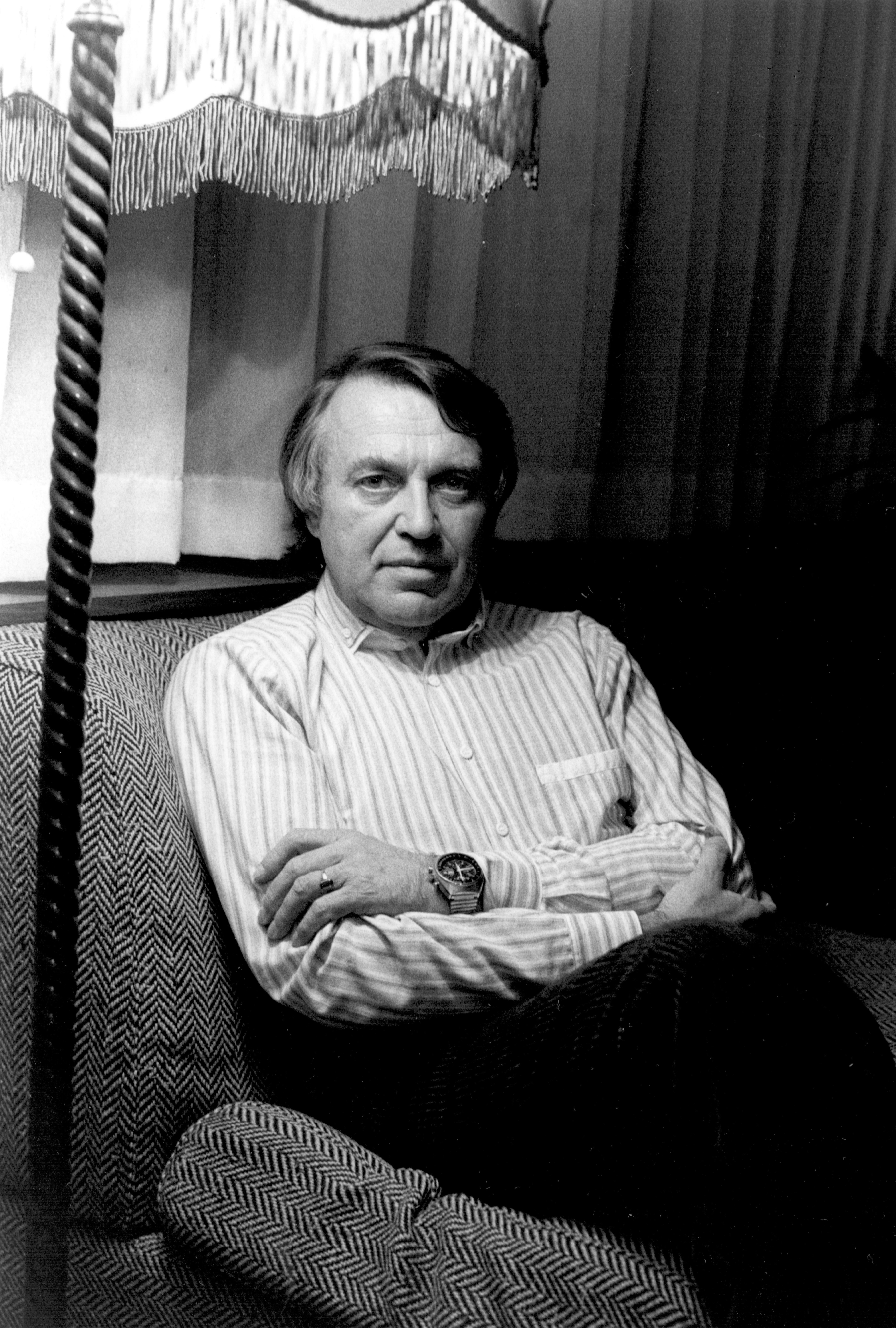
Kohout: A Playwright in Exile
Pavel Kohout (1928- ) is a Prague-born Czech playwright, poet, and journalist. As a high-profile participant in the 1968 Prague Spring, his works were banned and his plays could be performed only covertly for two decades. Kohout was a founding member of the Charter 77 initiative and was quickly stripped of his citizenship after emigrating in 1978 to Austria, where he continued writing plays. The play Poor Murderer and novels such as White Book, I am Snowing, The Widow Killer, and Smyčka (The Noose) rank among his most widely known works.

A reproduction of Kohout's manuscript and a theater program. Kohout's play Atest and Havel's Protest were both one-act plays written in 1978 and have a corresponding relationship, often performed together. This is a three-dimensional program from a 1980 performance. Provided by the Moravian Museum.

【Charter 77】
Triggered by the widely unpopular persecution and multiple arrests of members of the Prague-based rock band The Plastic People of the Universe, Václav Havel in 1977 brought together philosophers, scientists, authors and music artists from across the country to sign a political declaration calling on Czechoslovakia’s communist government to guarantee basic human and civil rights. Many of the hundreds of signatories were arrested, imprisoned, or otherwise punished for their act of defiance. Redress of the wrongs done to these individuals would not come until democratization in 1989.

【The Plastic People of the Universe】
The Plastic People of the Universe (PPU), a Czecho-Slovak rock band founded during the brief months of the Prague Spring in 1968, were influential in Czechoslovakia’s underground-culture scene. Their bohemian look and gratingly loud, high-pitched singing style made them an easy target for conservative normalists in the communist government. Band members were frequently detained and imprisoned, and their concert permits were often abruptly canceled. One of PPU’s “biggest fans” at that time was future President Václav Havel (then, not yet 40 years old). The inciting spark for his creation of Charter 77, a civic initiative demanding government respect for human and civic rights, was Havel’s desire to publicly protest the arrest of PPU band members.

【Kundera vs. Havel: Post-1968 Polemics】
After the 1968 Prague Spring, Milan Kundera and Václav Havel engaged each other in contemporary journals in a written polemic, arguing about how history and politics should be viewed in the “post-Prague Spring” era, the moral justifications for the Prague Spring, and other related topics. Kundera would subsequently leave Czechoslovakia and pick up his writing career again in France, while Havel would turn his focus toward political action. The back-and-forth debate between these two luminaries captures the differences in perspectives amongst Czech writers after 1968 as well as the influence of political pressure on contemporary intellectual thought.

